Running a Business Like a Dive Boat: Lessons From the Red Sea
Photograph of clown fish swimming near a red anemone in the Red Sea off the coast of Egypt by Niels Thijssen
Spending a week diving in the Red Sea aboard the Aggressor IV was more than just an adventure; it was a masterclass in operational excellence, teamwork, and customer experience.
As a business owner, I couldn’t help but notice how many of the values practiced by the all-Egyptian crew translate directly to running a successful, land-based business and creating long-term customer loyalty.
Operational Excellence in Motion
From the captain’s jaw-dropping 180-degree pivot of the more than 140-foot boat at a crowded reef mooring to the seamless coordination between the chief steward, chef, deckhands, and dive masters, the Aggressor IV crew functioned as a well-oiled machine. Each team member demonstrated pride in their role, offering friendly smiles, exceptional service, and unwavering attention to safety.
Great businesses work the same way. When your team is aligned, proud of their work, and trained to operate efficiently, the customer feels it - and remembers it.
Personalization and Pro-Level Awareness
Guests were grouped by diving experience, with dives tailored to both ability and sea conditions. Some dive masters focused on micro marine life, such as hard-to-spot nudibranchs, while others led us in search of larger pelagic species, like hammerhead sharks and manta rays. (I didn’t spot any hammerheads, but our group did enjoy a graceful encounter with a school of manta rays in the depths of the blue.)
Dive masters ensured everyone saw as much as possible while staying within air and dive certification limits. Their extensive experience and encyclopedic knowledge of each reef, its resident creatures, reef currents, and strong situational awareness meant they could adjust on the fly to individual needs within the groups of divers.
This level of customer-centric awareness is vital in business. Know your customer, anticipate needs, and adapt your offering responsively to create a great customer experience.
Photograph of the rear view of the Red Sea Aggressor IV at the dock in Port Ghalib, Egypt by Christie Solomon
Safety as Culture, Not Protocol
Safety wasn’t just a checklist item; it was an ingrained value. Every crew member shared responsibility for the well-being of both guests and fellow crew members.
We were reminded to stay with our dive groups, especially given our regional proximity to potential hotspots in Sudan and Yemen. The crew made sure we followed all safety protocols while still enjoying the wonder of the dives.
That same culture of accountability and care translates to business leadership. Safety—whether physical, emotional, or operational—builds trust.
Stewardship That Strengthens the Brand
Environmental responsibility was built into every part of our trip. The crew actively worked to preserve the reefs, enforced no-trace diving policies, and even retrieved stray dive gear left behind by others.
This reminded me that a company’s values are best expressed through actions. Demonstrating care for the environment, community, and employees adds depth and authenticity to your brand.
Customers don’t just want a good product. They want to support companies whose practices align with their values.
The Business Case for Situational Awareness
Situational awareness in diving and business is about reading the environment, managing risk, and prioritizing the team’s safety and success. It means:
Staying informed on regional and global market trends
Listening to your team and customers
Making values-based decisions
Staying ahead requires not just knowledge, but responsiveness. That’s how businesses remain relevant and resilient.
Final Thoughts
I left the Aggressor IV feeling inspired—not only by the remarkable sea life and camaraderie, but by a crew that led with humility, efficiency, and excellence. Their commitment to safety, situational awareness, and customer care created an unforgettable guest experience, bringing numerous smiles and laughs.
Any product- or service-oriented business can learn from this example. Align your values with your actions. Invest in your team. Lead with care and competence. Whether underwater or on land, it’s the way to earn loyalty that lasts.


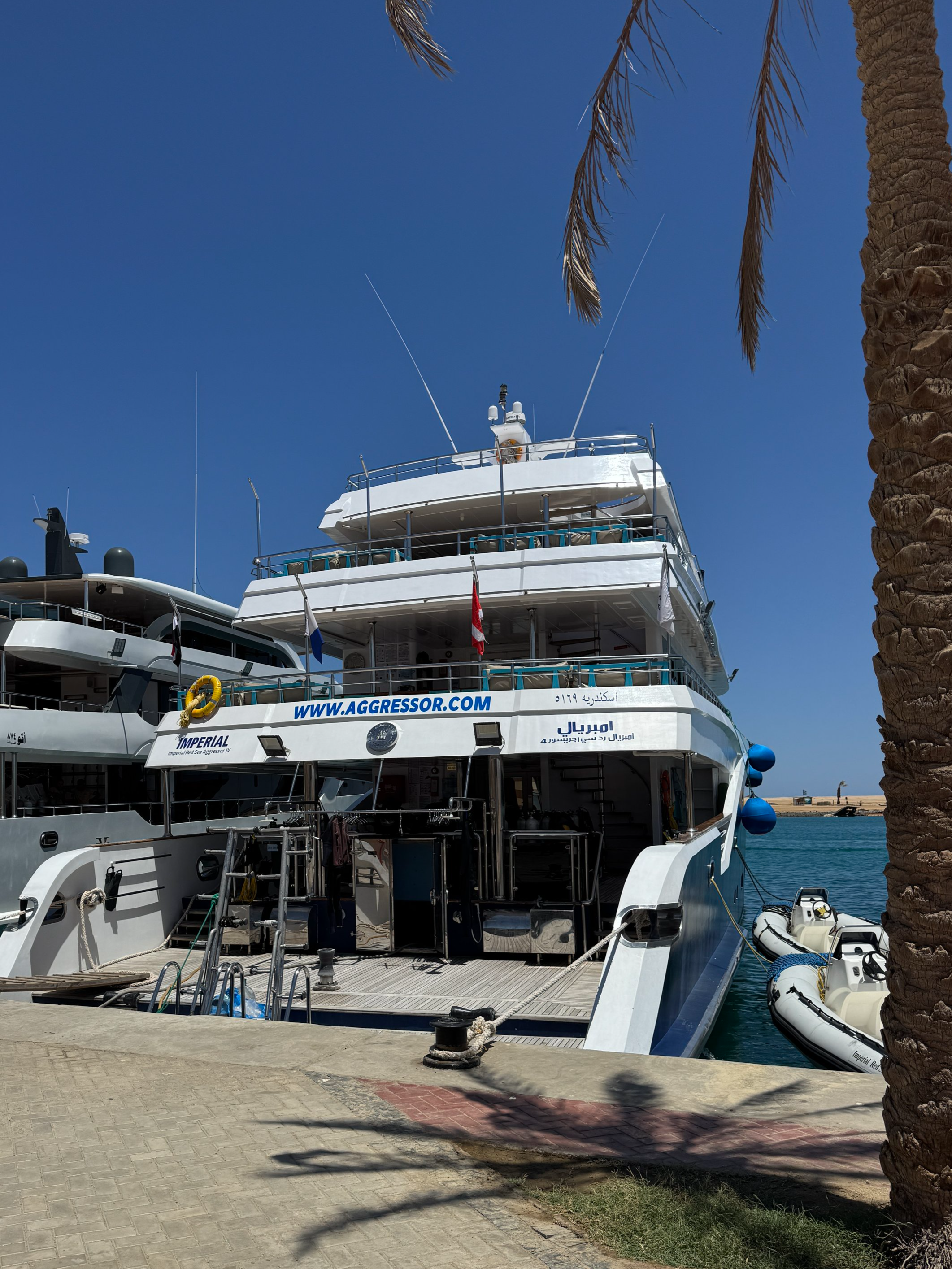
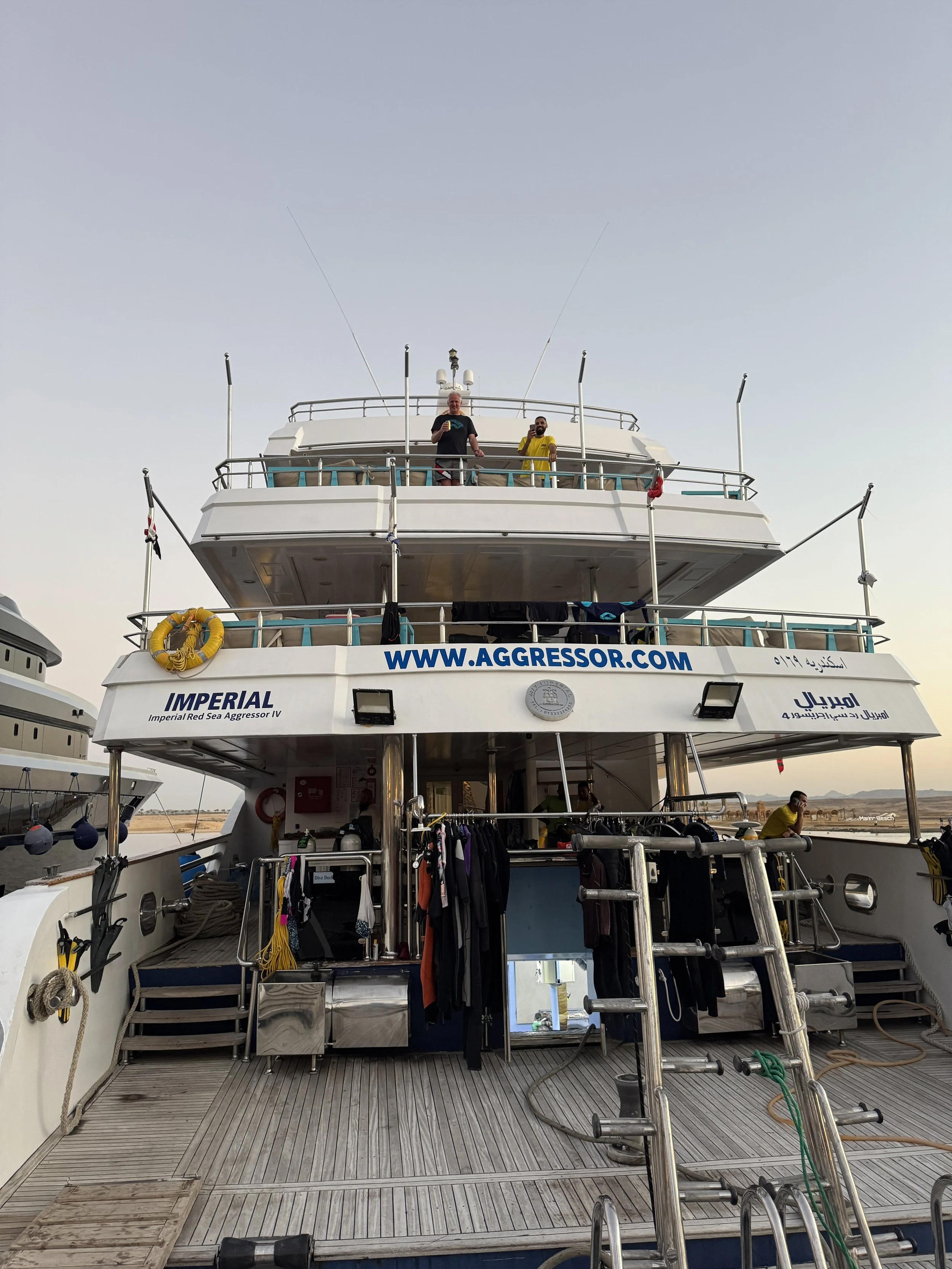
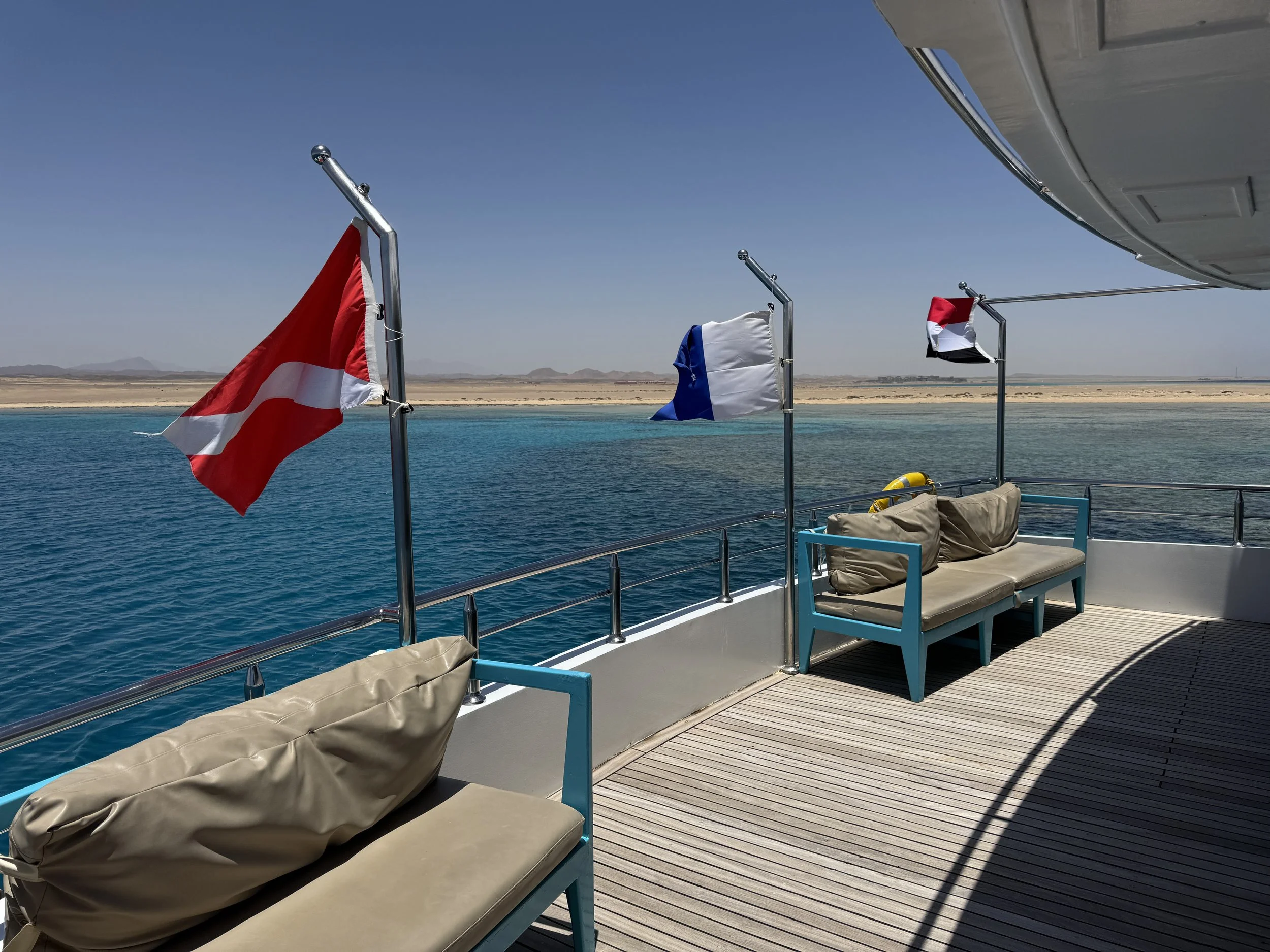
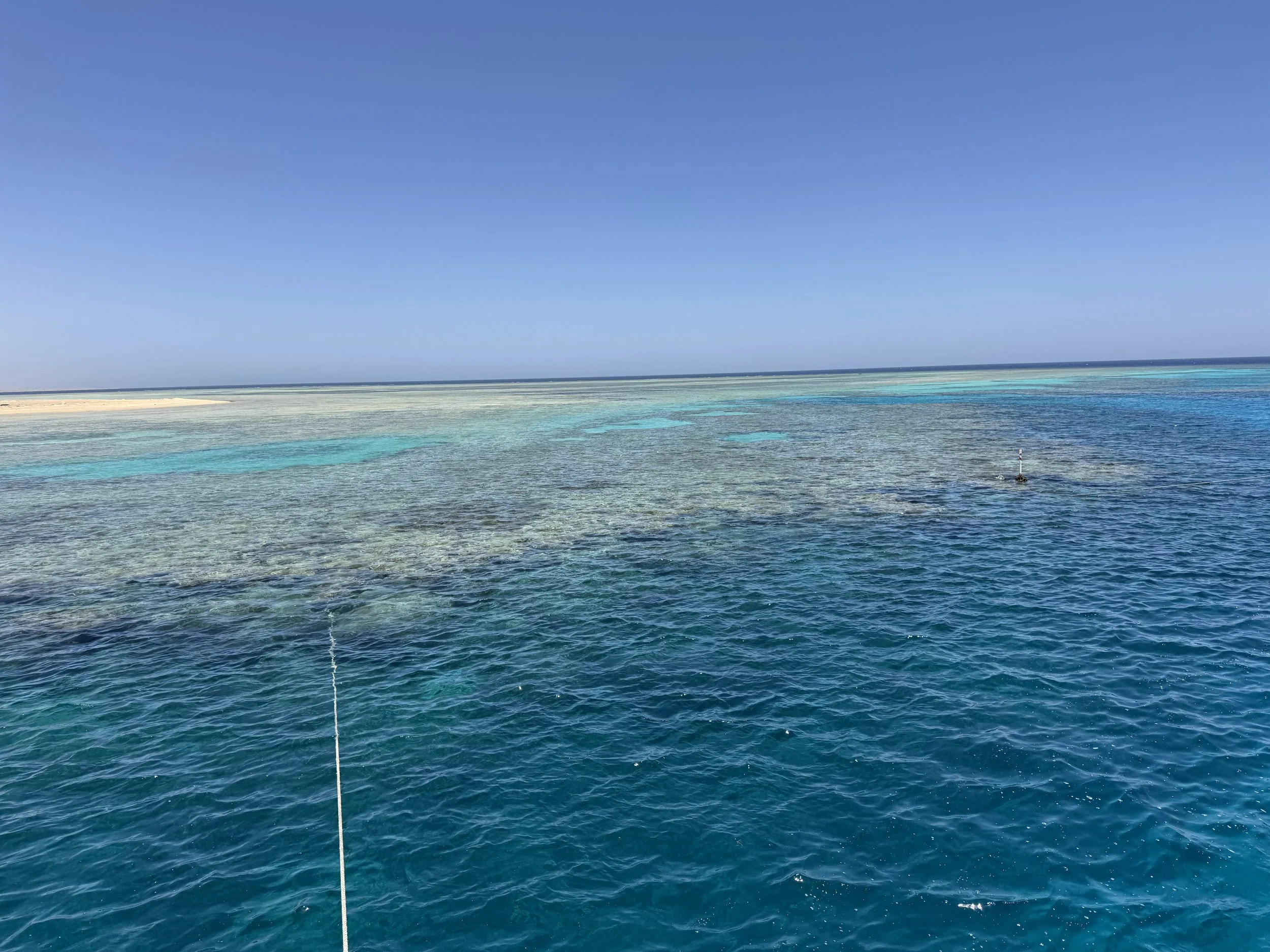
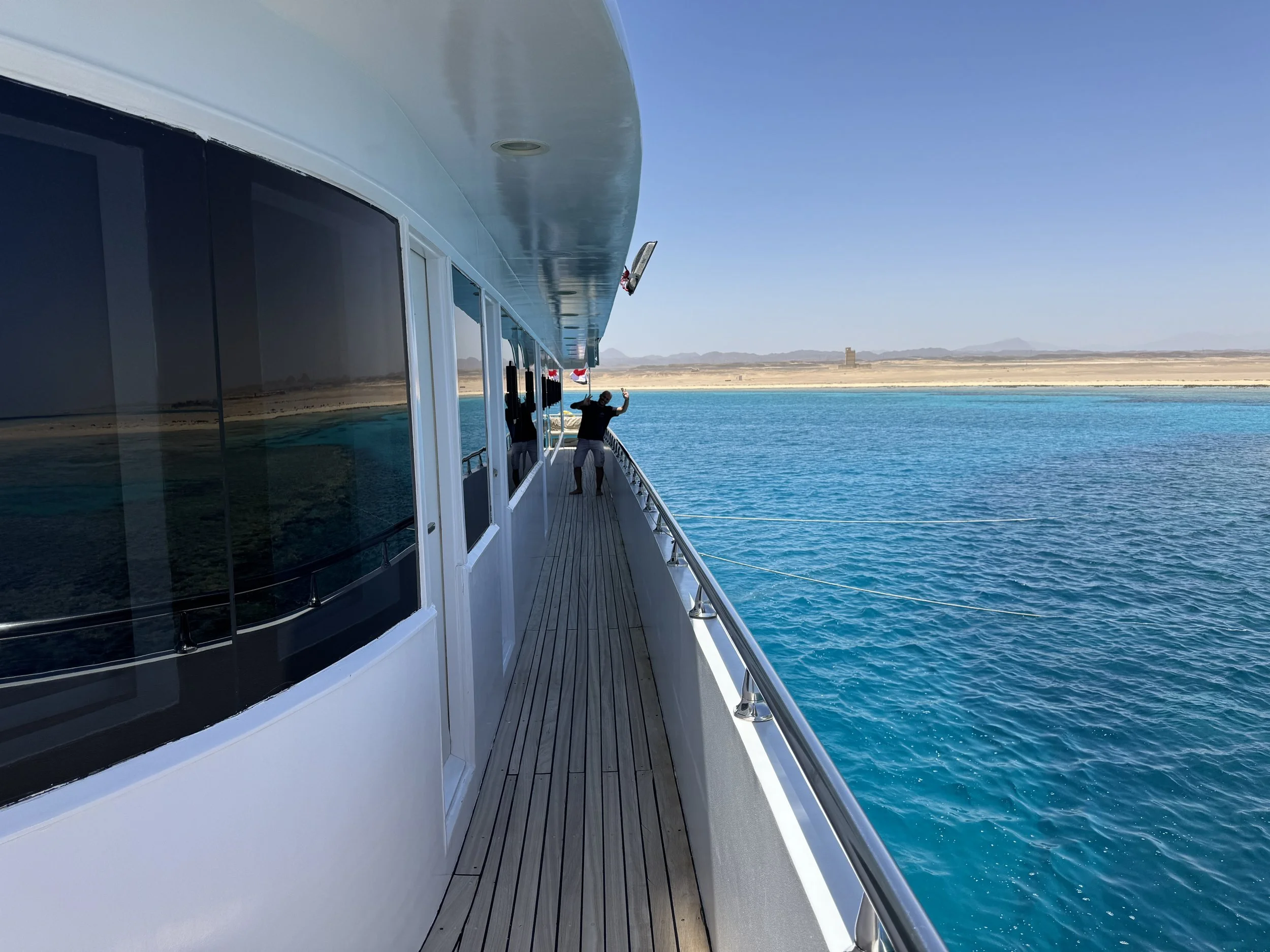
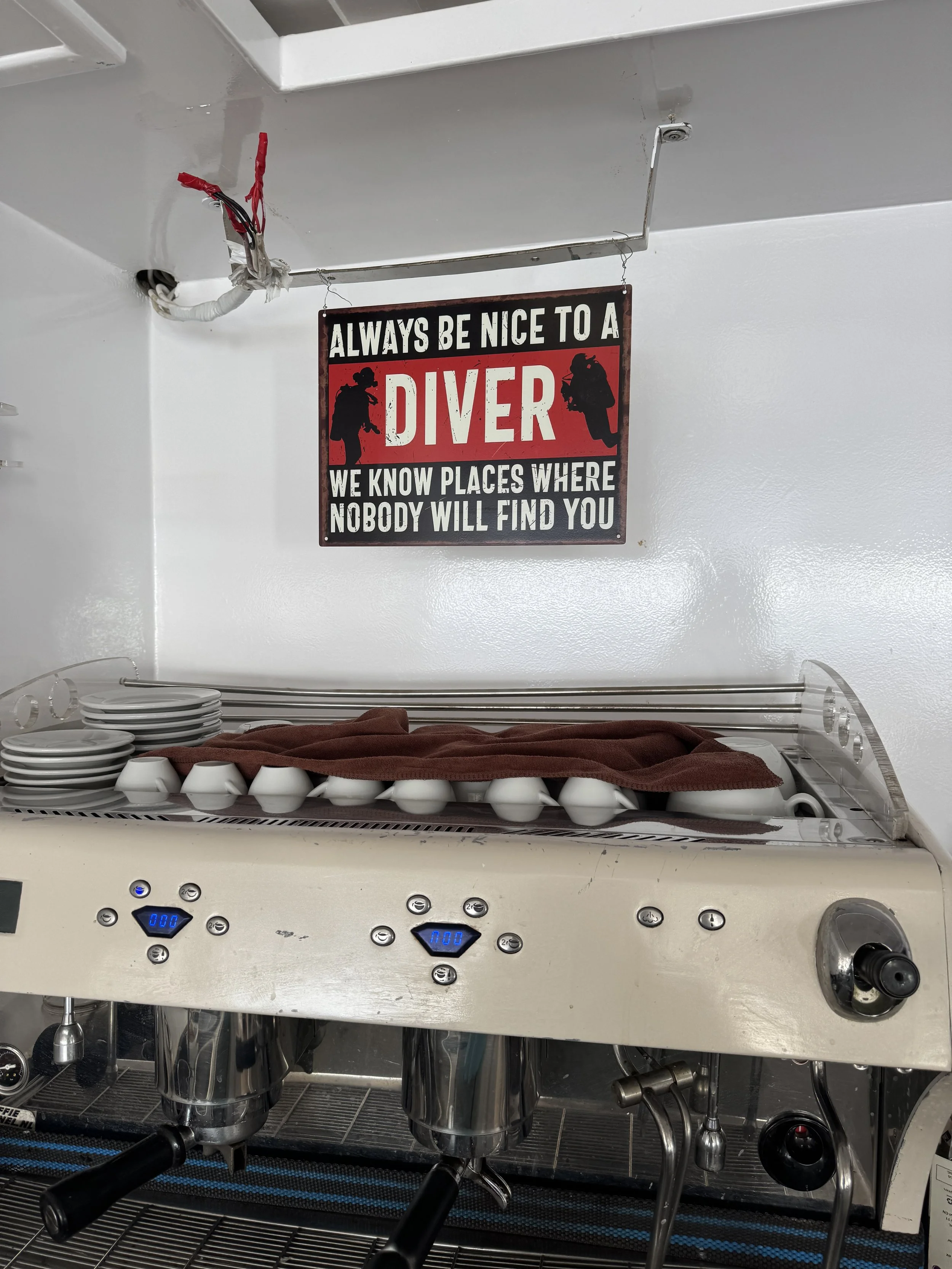

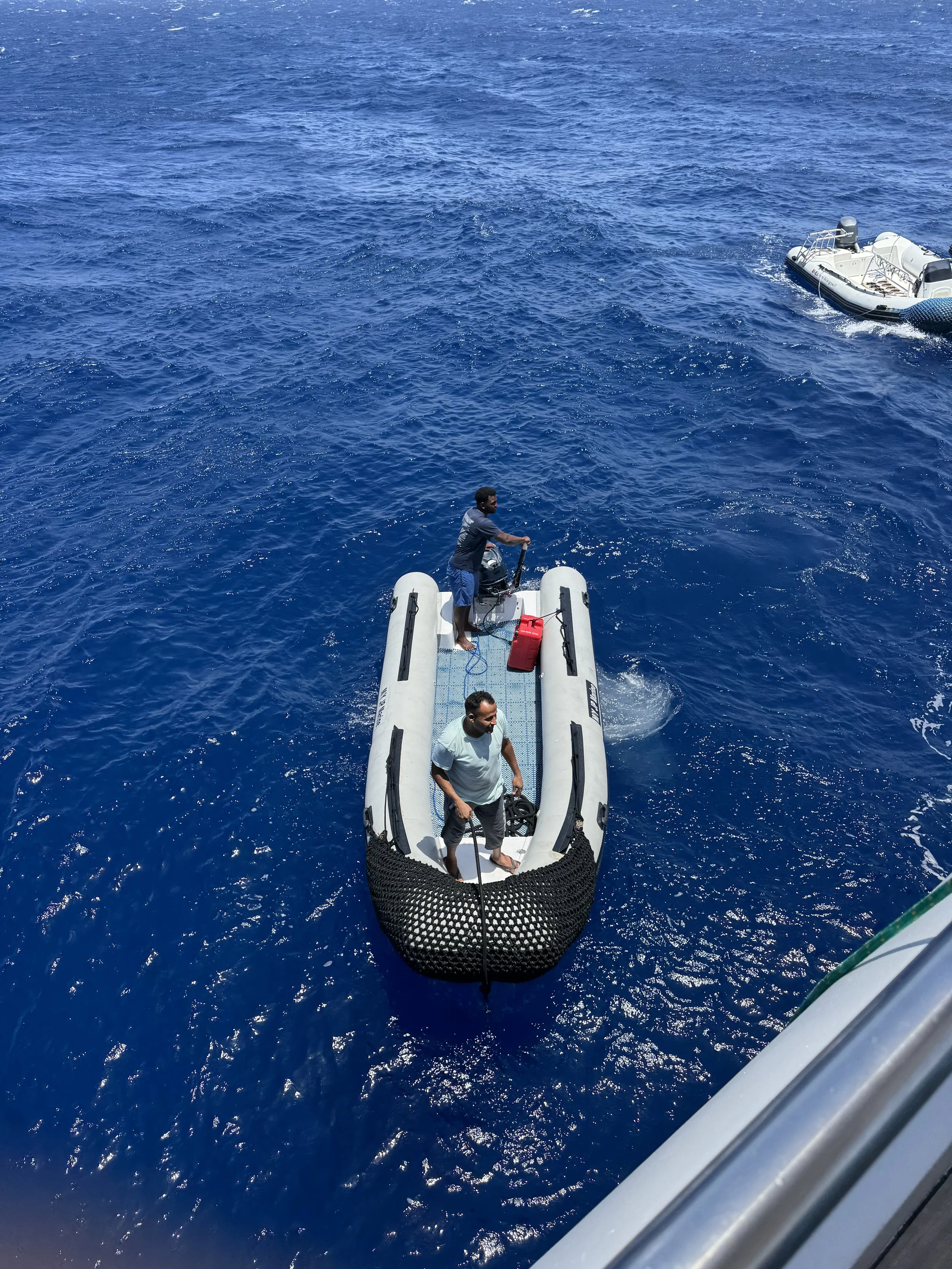
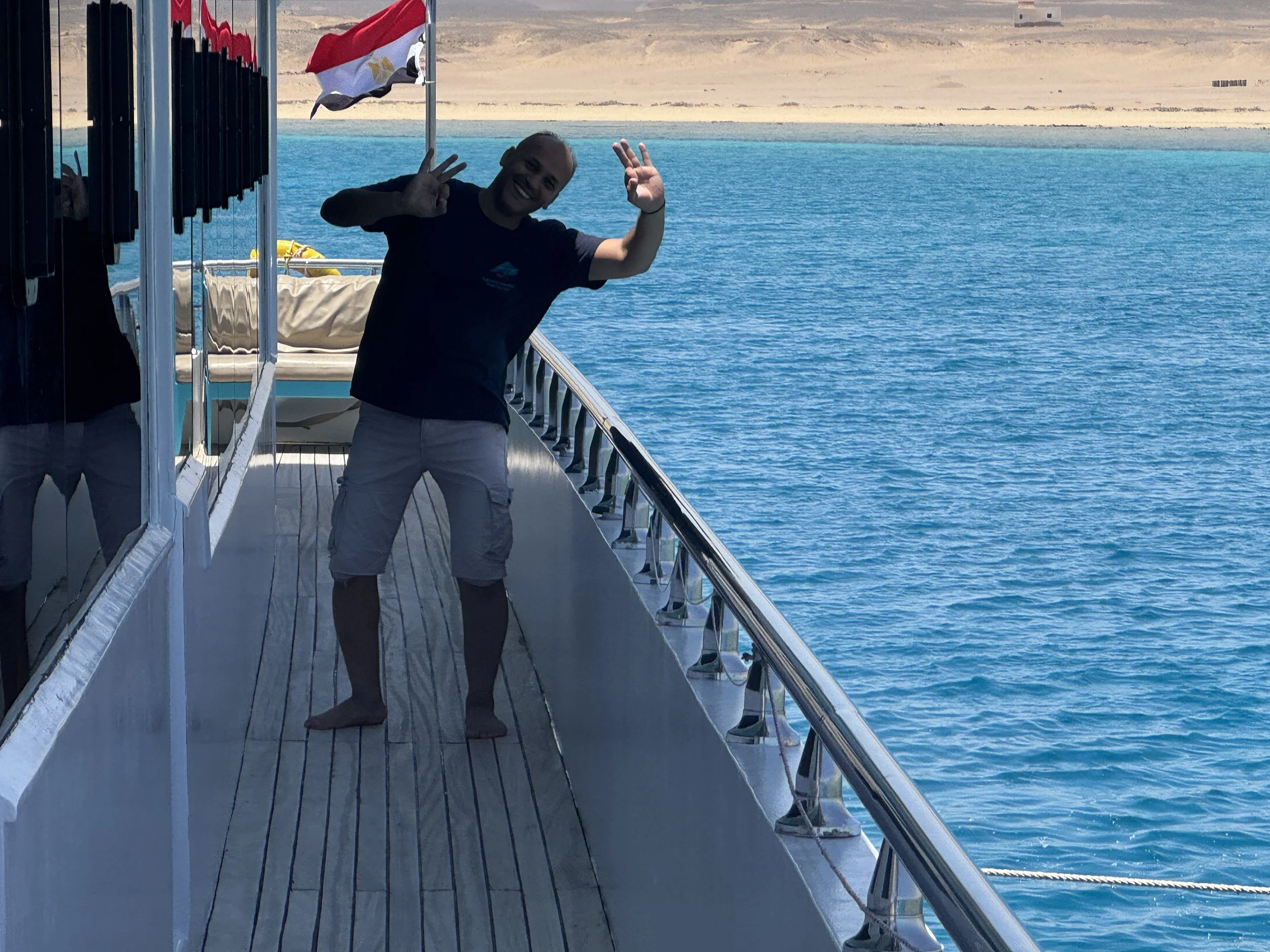
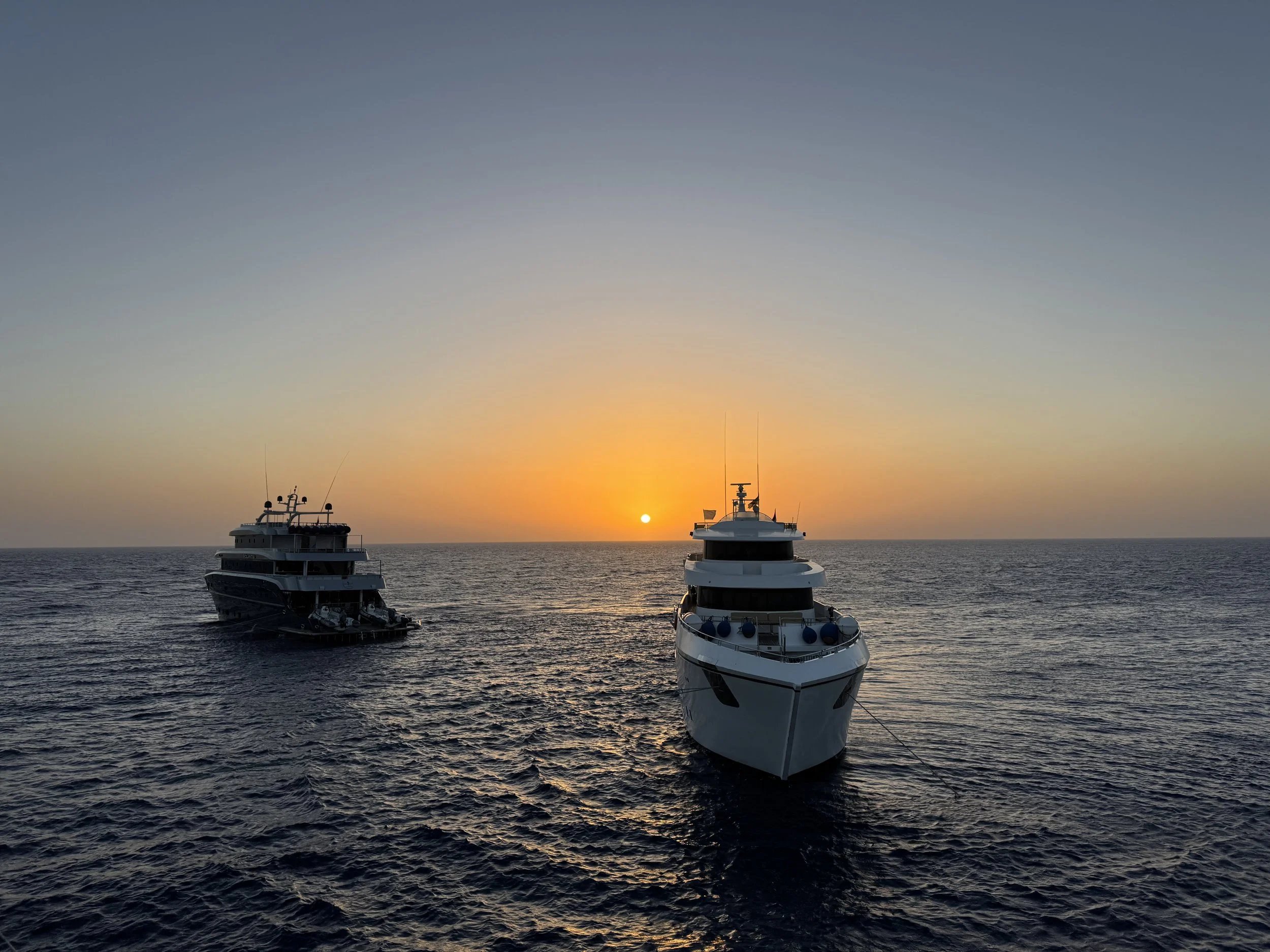
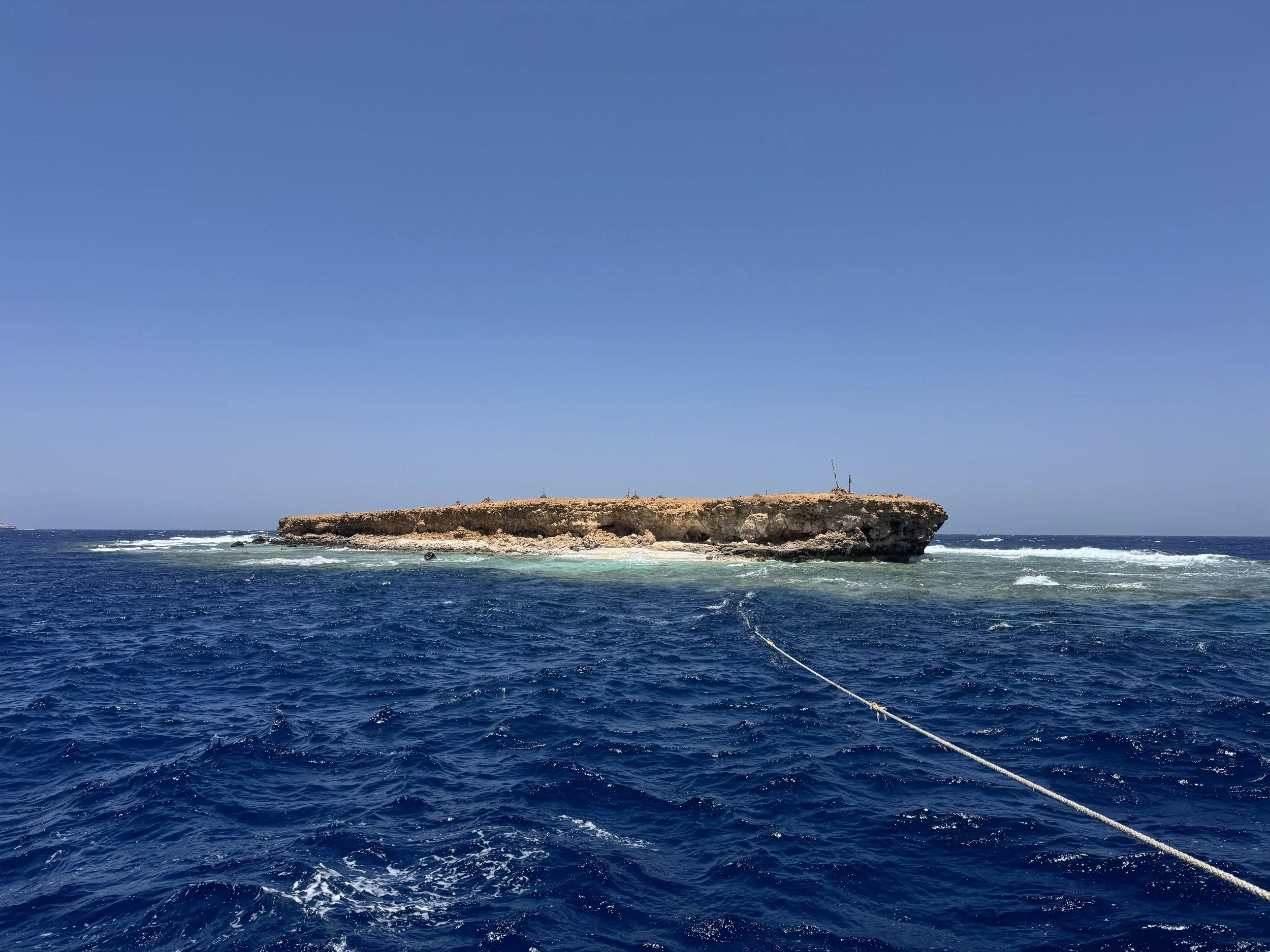
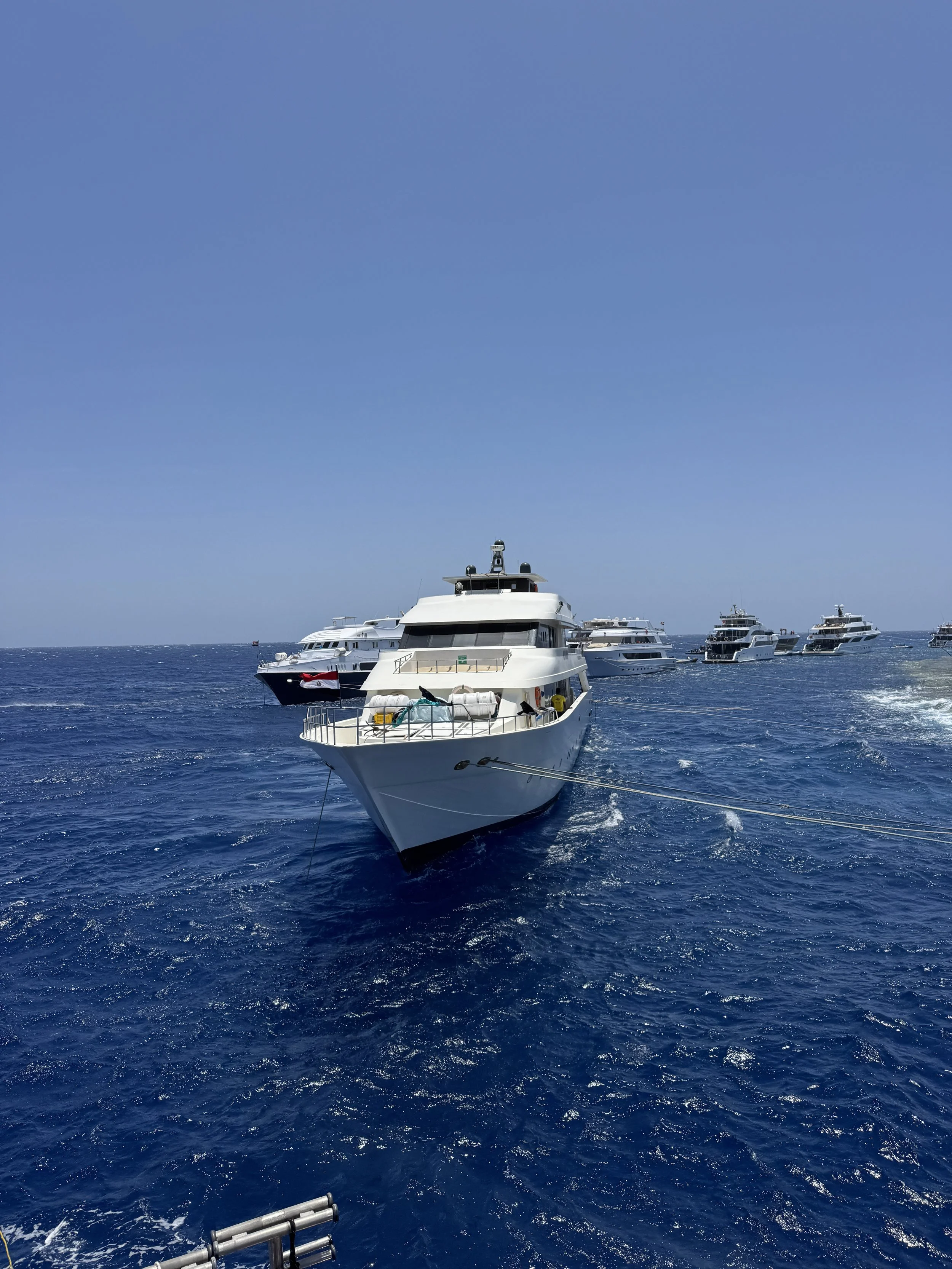
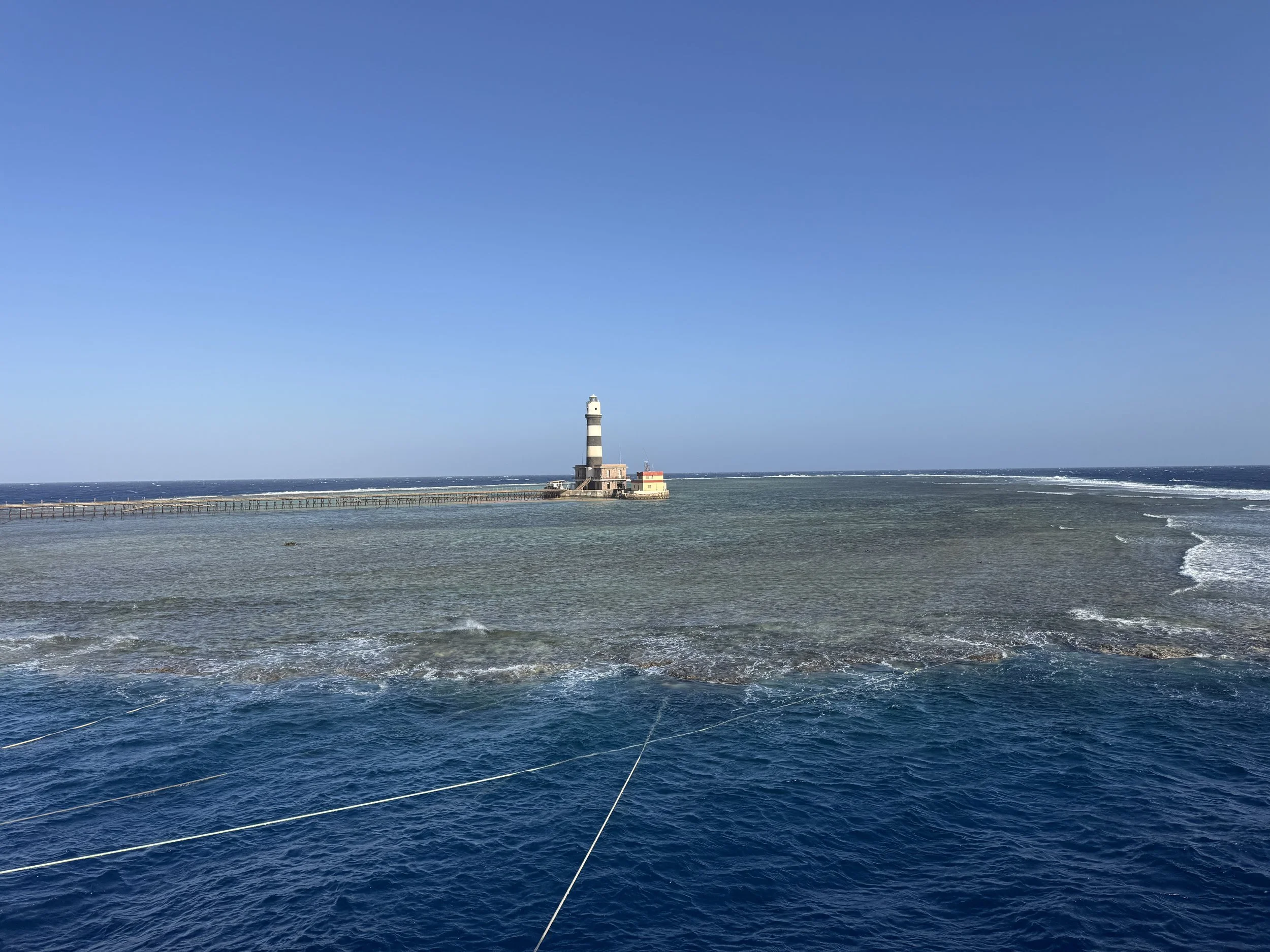
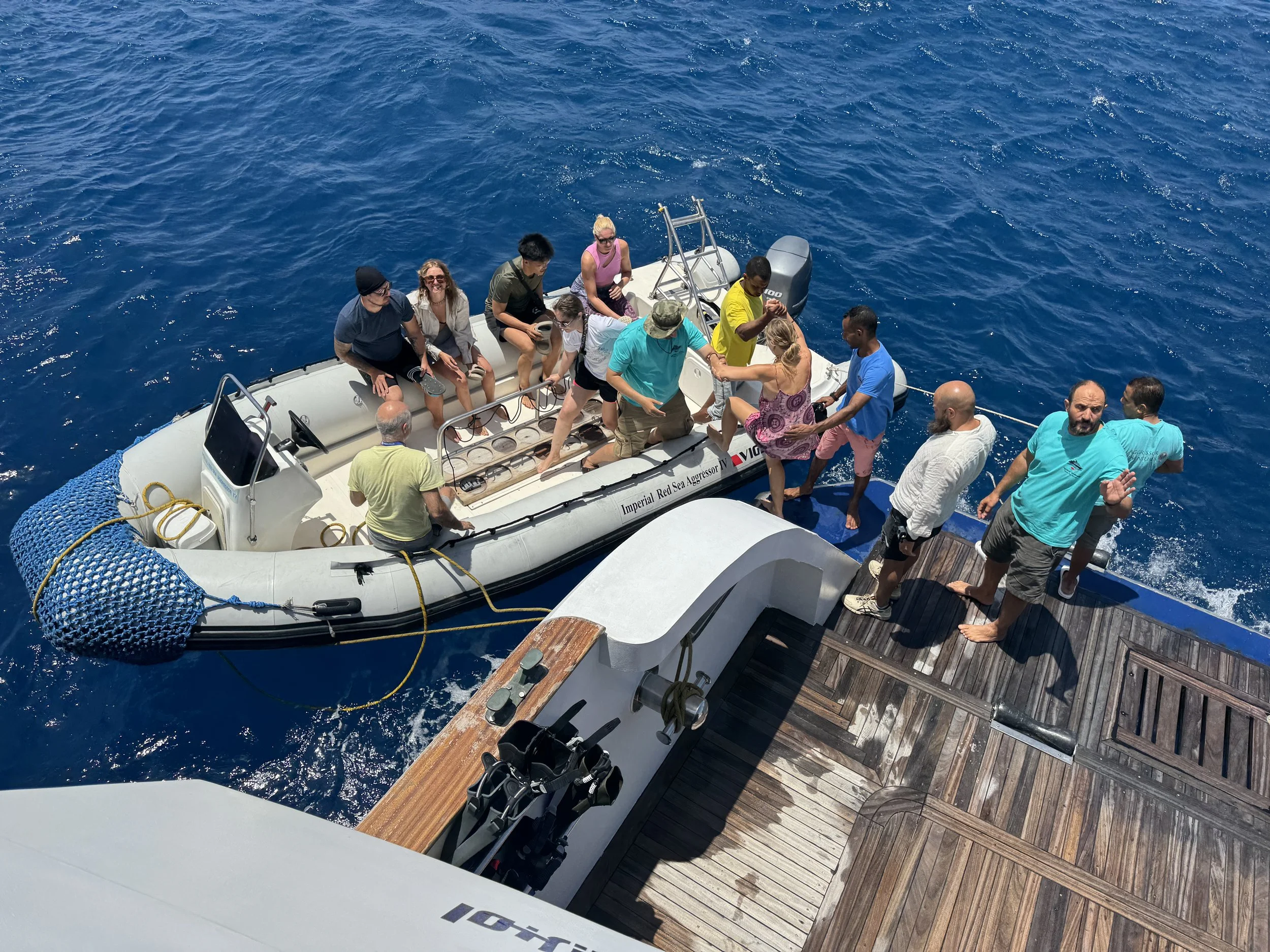
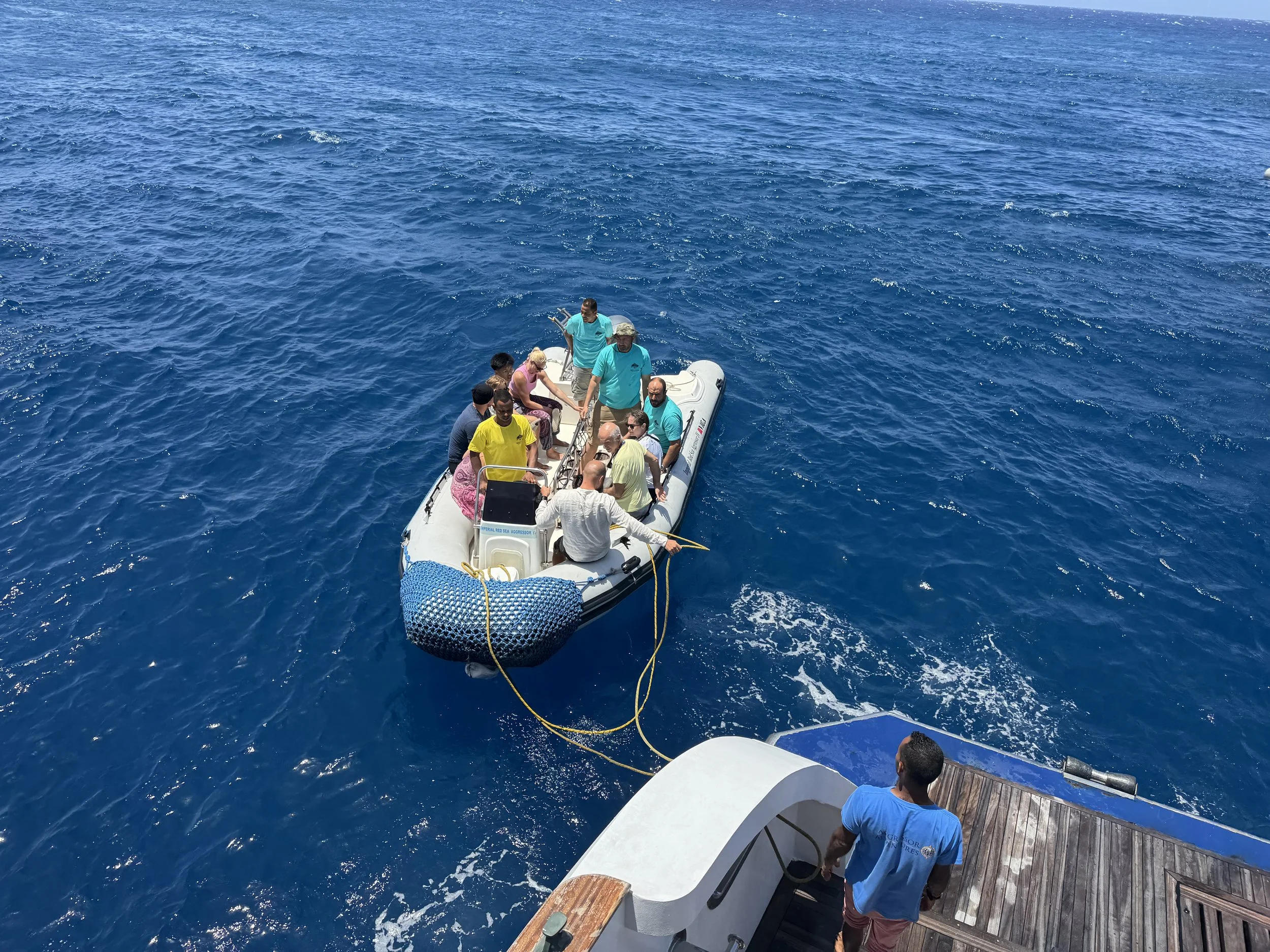
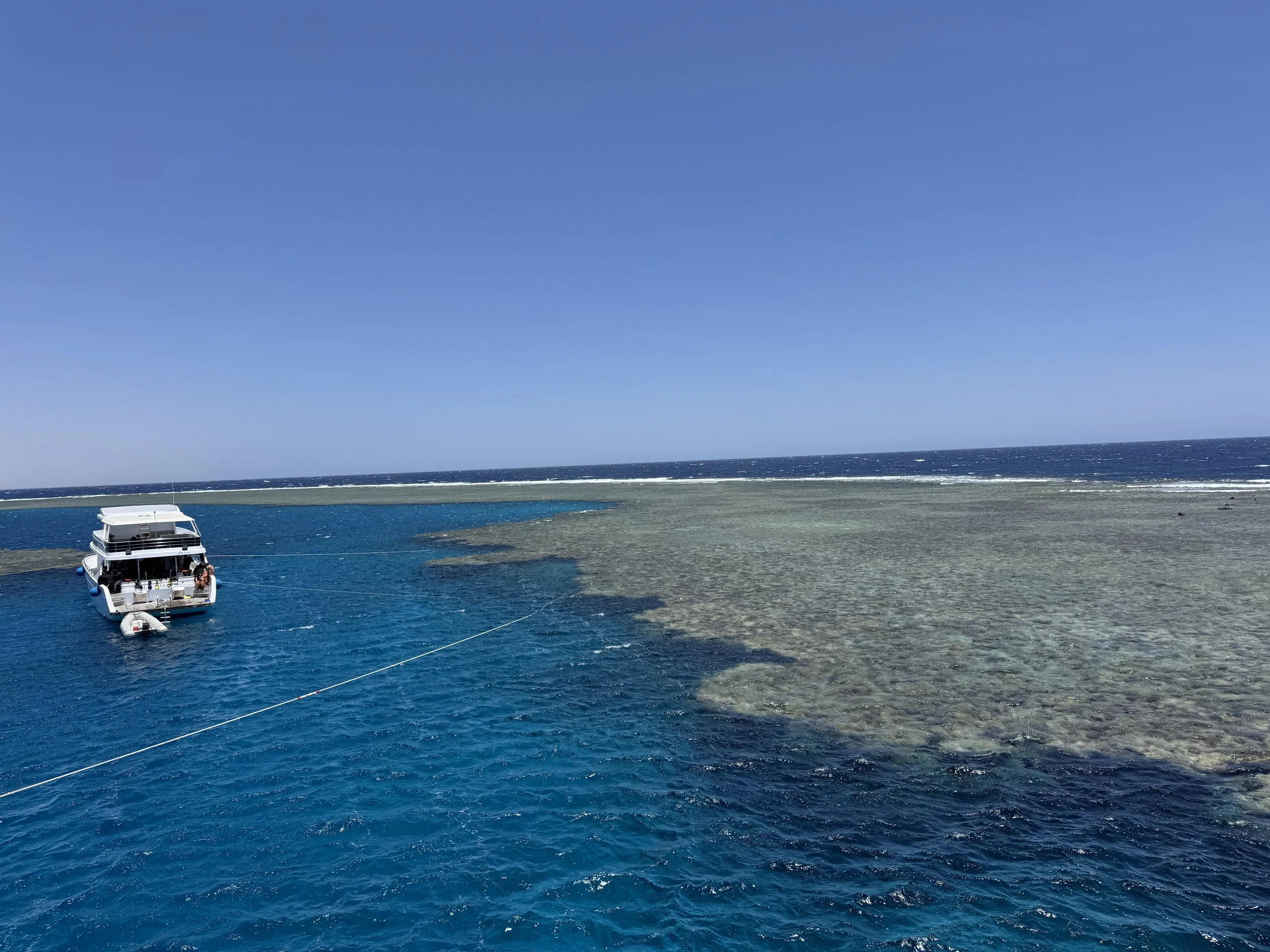


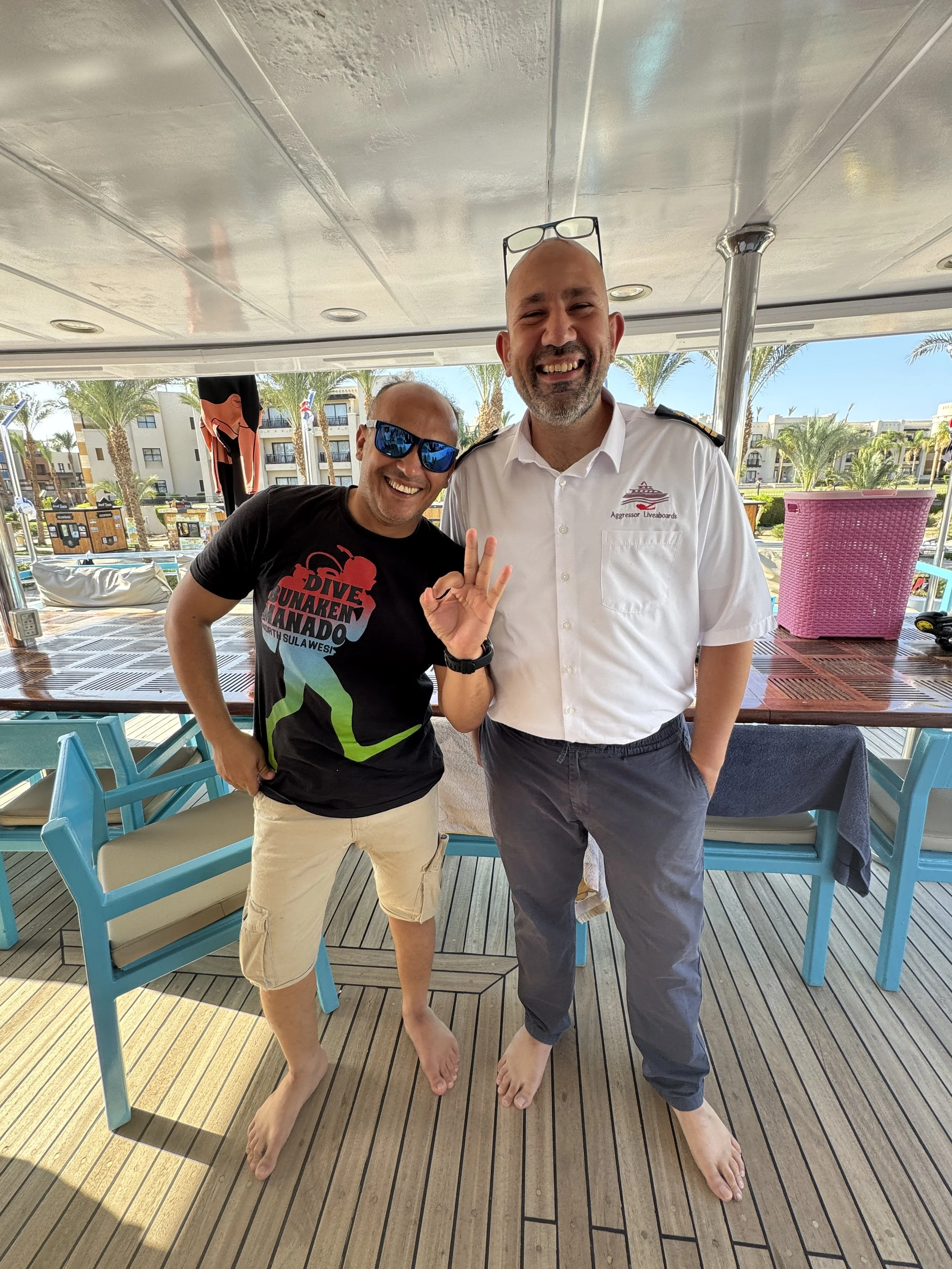


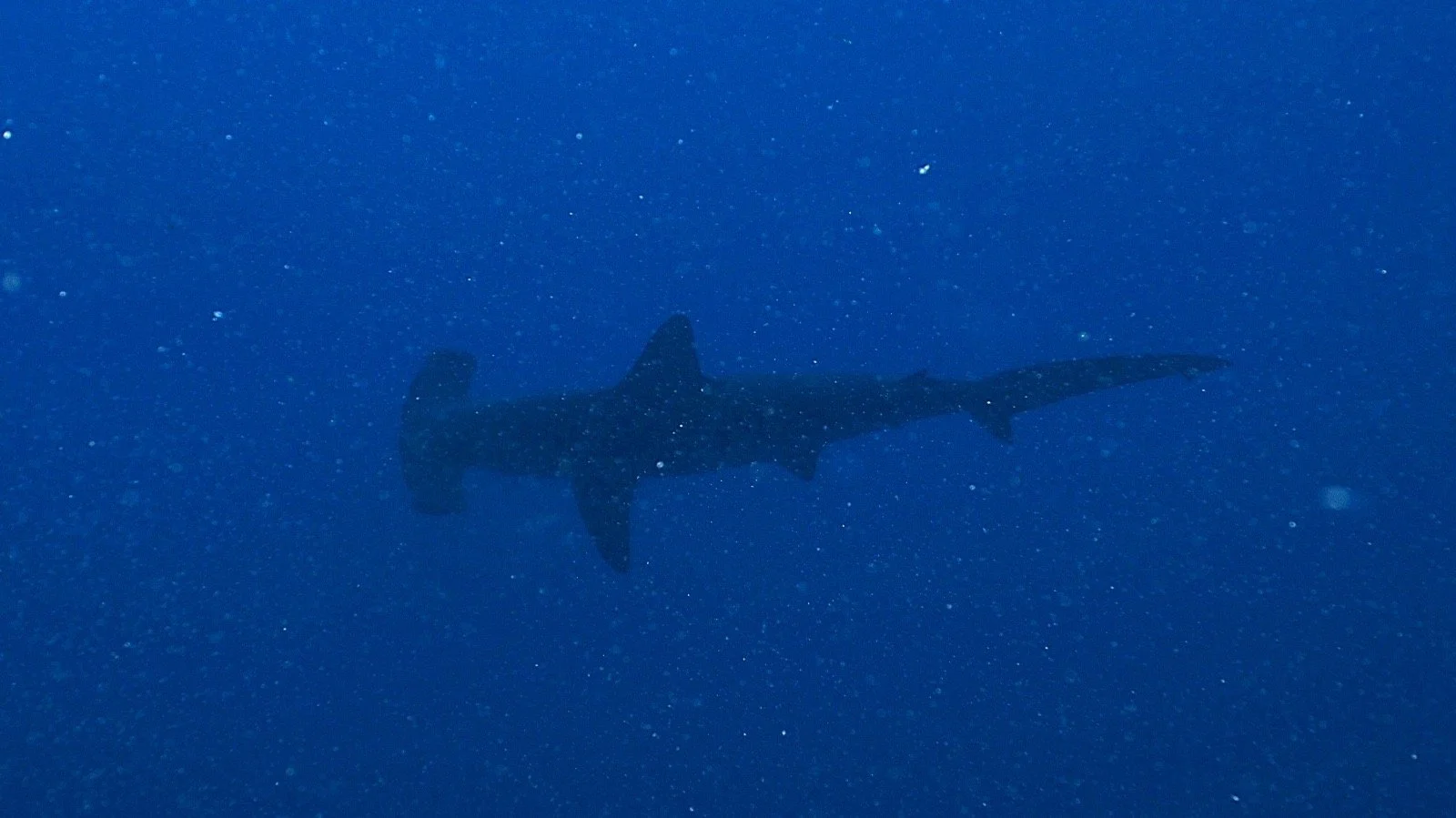
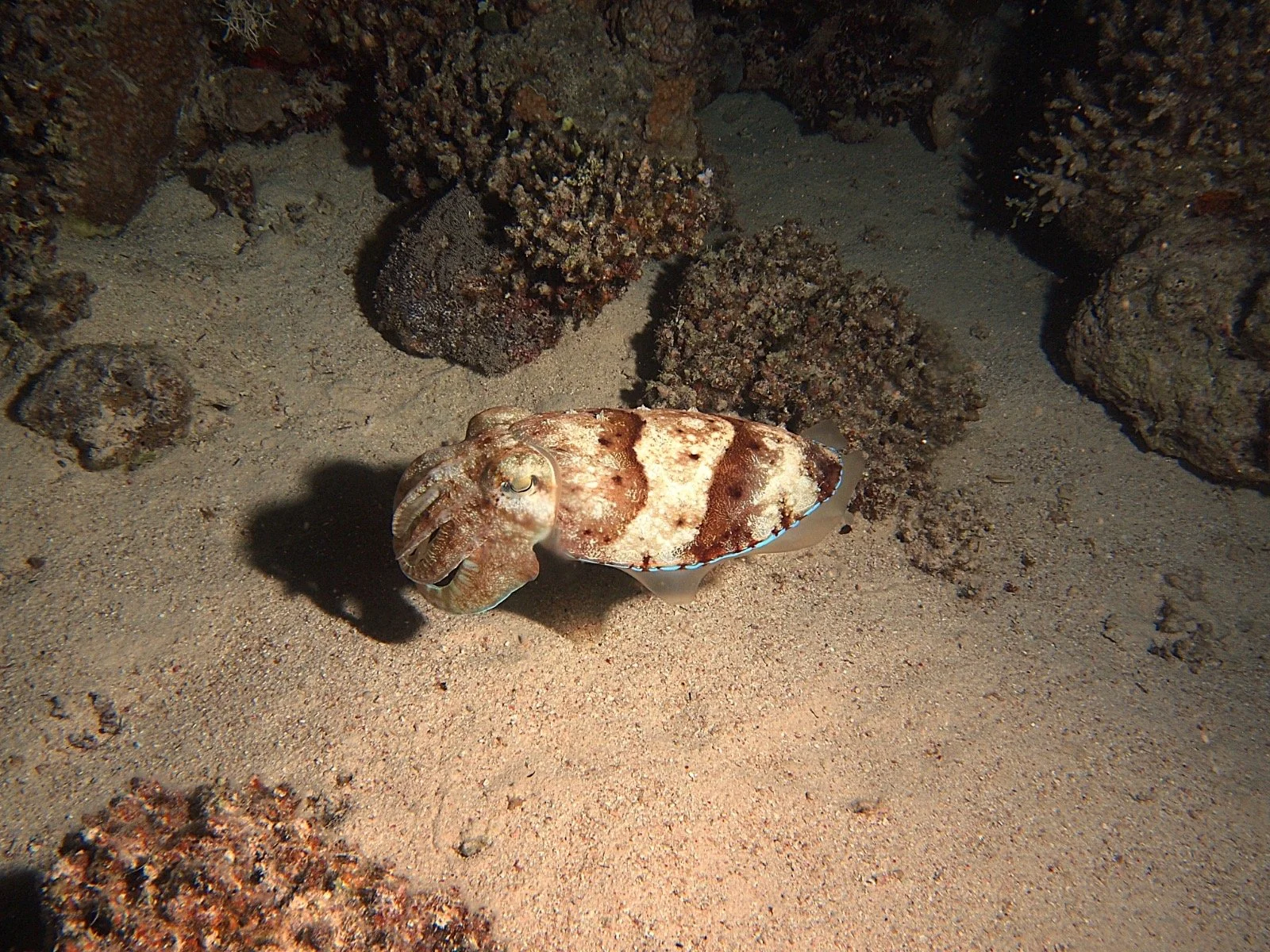
Tariffs are barriers to international trade. Paid by the importer, tariffs are fees assessed on the value of imported products, including freight and insurance, which increases the cost of importing goods. We provide five strategies businesses can employ to weather tariff policy uncertainty in the U.S.